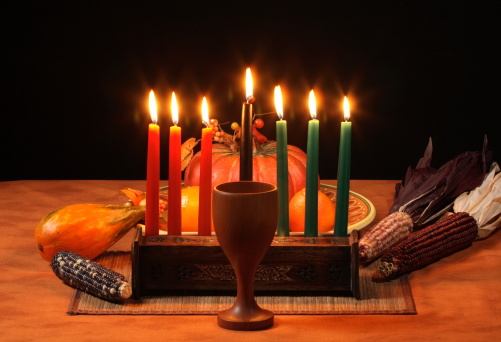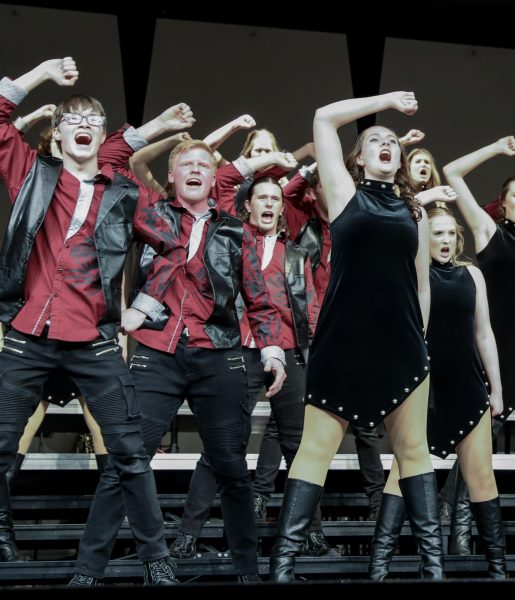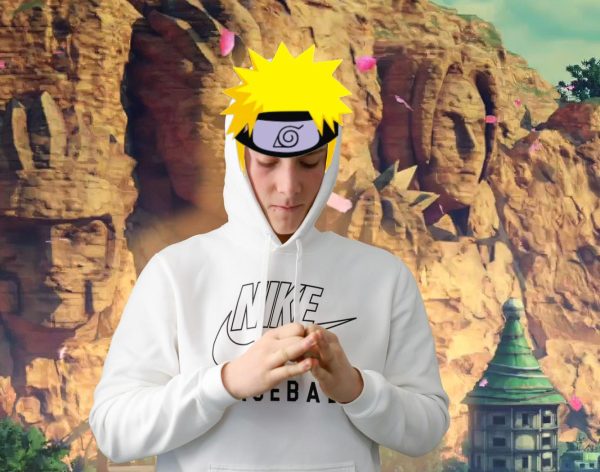Holidays Around The World
The holiday season is a time for gathering together to celebrate and make memories. People from all over the world celebrate their respective cultures and traditions. Here are three holidays celebrated around the world and in the U.S.A.
Hanukkah
After the Maccabees’ victory over the Greeks, there was only enough oil in their oil lamp to burn for one day. But through a miracle, the oil burned for eight days. This led to the Jewish tradition and eight-day long holiday, Hanukkah or Chanukah. In 2021, it begins on November 28 through December 6.
At the heart of this celebration is the nightly menorah lighting. The menorah holds nine candles, the center branch is known as the “shamash” meaning helper or attendant. This candle is strictly used to light the other candles. On the first night, just one candle is lit, and each candle receives a flame each night of Hanukkah until the eighth night when all the candles are topped with a flame. On Friday afternoon, they light the menorah before Shabbat candles are lit, and the following evening they are to be kindled only after Shabbat has ended.
Those who celebrate this holiday recite the special Hallel prayer daily and add in V’al HaNissimin daily prayers and after meals. Because oil is such an important part of the Chanukah miracle, many foods are fried in oil. The most common and popular among Jewish people is potato latkes garnished in sour cream or applesauce.
Kwanzaa
Kwanzaa was started by Dr. Maulana Karenga in 1966. This holiday was created to honor African culture in African-American culture. He felt that African-Americans who lived outside the continent of Africa were detached from the values and traditions that were native to Africa. Kwanzaa is derived from the Swahili word meaning “first harvest.”
Kwanzaa is not a religious holiday but instead a cultural holiday. This is celebrated from December 26 through January 1. The seven days of this holiday represent the seven principles known as the Nguzo Saba. The seven principles are: Umoja (unity), Kujichagulia (self-determination), Ujima (collective work and responsibility), Ujamaa (cooperative economics), Nia (purpose), Kuumba (creativity), and Imani (faith). They say these seven principles are not limited to African Americans but anyone can use them to better their lives.
The candelabra for Kwanzaa is called a Kinara. It has seven candles that represent the seven principles. The middle candle is black which represents the people, the three red candles represent the blood, and the green candles represent the earth and the hard work that people do. The most important part of this holiday is that it helps you look within to better yourself and connect with those around you.
Las Posadas
The Mexican celebration of Christmas is called Las Posadas- Spanish for “lodging or accommodation.” It begins on December 16 and ends on December 24. The nine days of this holiday commemorate the nine months of Mary’s pregnancy. This is a Mexican tradition where groups reenact the biblical story of Mary and Joseph’s journeys. In search of shelter in Bethlehem.
Families will visit a series of homes each night with a song asking for shelter. People inside their homes sign back saying they do not have room. On the final night, people are finally given posada, a shelter. After a prayer, a celebration begins that includes the piñata. A traditional posada piñata has 7 points to represent the seven deadly sins. The blindfold you wear represents your faith, and the stick represents virtue. Participants want to overcome the evil, so by hitting it, they are destroying the evil and breaking it.
It is very common to see routes decorated with farolitos to light the path and cook traditional foods like tamales and biscochitos, which are given to the visitors or posadistas. This holiday is important to pass on to the children. It celebrates joy and coming together.

Maggie Leach is a senior at Pella High and this is her second year on the Digital Media staff. She enjoys organizing service projects, theatre, cheerleading,...






